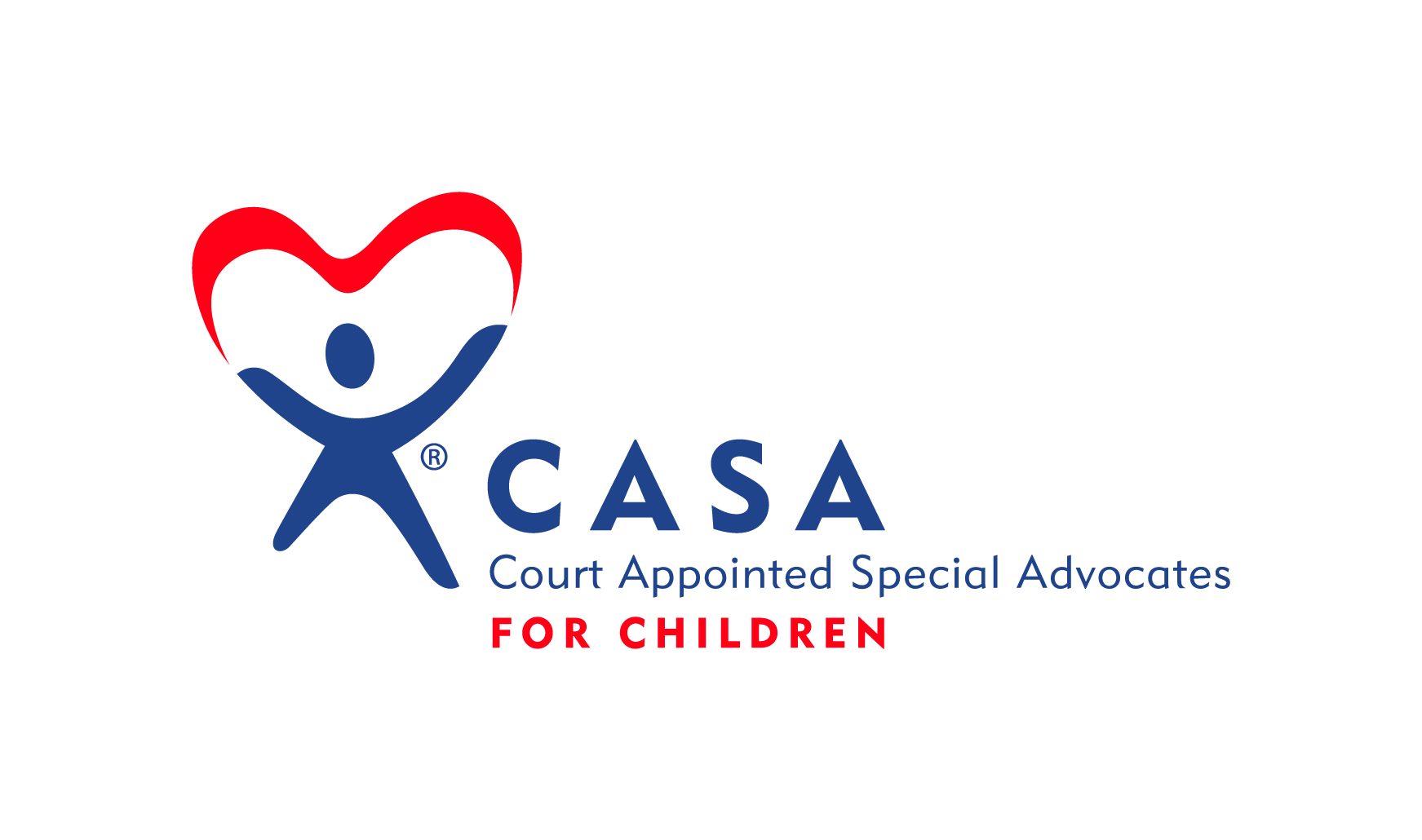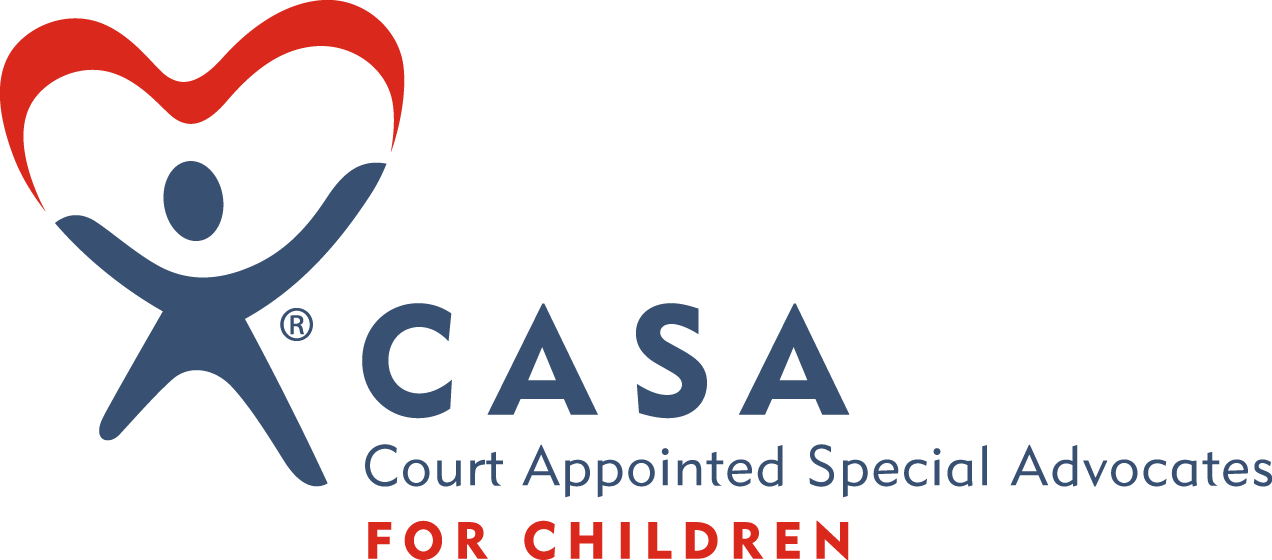FAQs
What do children gain from having a CASA volunteer?
Decisions are made every day which affect the lives of children in foster care. CASA volunteers help these decisions to be made more promptly and with greater information and sensitivity to their individual needs. CASA volunteers work for quicker, better outcomes, and provide children in foster care with the knowledge that there is a community around them who cares.
Are volunteers really important to the court and child welfare process?
Judges depend on CASA volunteers to help keep them better informed about each child’s case. Amarillo CASA is able to serve only two out of every five children who need CASA volunteers. There is a child waiting for your help.
Are CASA volunteers trained and supervised?
Yes. CASA has a training program which features 30 hours of training prior to case assignment. All volunteers are matched with a supervisor who is a member of the CASA staff. CASA supervisors provide individual guidance, support, and accompaniment to the volunteer during the volunteer’s time as a CASA.
Are volunteers really important in the child welfare process?
Absolutely! CASA could not serve the children of the Amarillo area without its many dedicated volunteers. Courts all over the country depend on their local CASA volunteers to help inform and expedite the child welfare process. Judges implement the CASA program in their jurisdictions and appoint CASA volunteers to as many cases as possible. Child Protective Services includes CASA in meetings, visits, and other proceedings. CASA has been endorsed by the American Bar Association, National Council of Juvenile and Family Court Judges, Office of Juvenile Justice and Delinquency, and the Department of Justice.
How does CASA feel about family reunification after child abuse?
CASA holds the safety of children as its highest priority. A child’s best chance for love and protection is often with his or her birth family, and CASA is supportive of reunification when it is in the best interest of the children involved. However, CASA will only advocate for children to return home if they can do so safely, receiving the love, stability, and protection they deserve.
Do CASA volunteers wield authority in child welfare cases?
Volunteer advocates have court-mandated access to certain information and proceedings, but they do not have authority to decide outcomes. Rather, they rely on their communication skills, their informed recommendations and the respect of the courts to influence outcomes.
How much time does it take to be a CASA volunteer?
It will vary each month, and will generally range from 3-15 hours per month depending on the type of volunteer assignment you choose. Some of this time can be spent on evenings or weekends, but there are court hearings, phone calls and meetings during working hours, too. We will work with you to find an assignment that suits your availability and your volunteer goals.
Can I include my family in my volunteer work?
Only trained volunteers are able to volunteer with the children we serve. Married/couple volunteers are very beneficial to CASA. Children in foster care are assured a degree of confidentiality, and the friends and family of advocates are not allowed to meet them or to know their identity. Only volunteers who have been fully screened, trained and sworn in as officers of the court may have contact with CASA children.
Do I have to volunteer alone?
No, in fact teaming up for CASA can make it a shared experience. This may be friends, significant others, or family. Both people must complete the required training. Once assigned to a case, the team will handle the responsibilities together.
What are the drawbacks of being a CASA volunteer?
Being a CASA volunteer is both rewarding and challenging. The child welfare system is bureaucratic and overburdened, and advocates often have to work hard to get the system to respond. Because of court decisions, social service plans, and other factors out of our control, the volunteer can face disappointments. However, many volunteers feel a sense of purpose knowing they helped a child through the system.
What do I gain from becoming a CASA volunteer?
The most important benefit of being a CASA volunteer is the chance to make a meaningful contribution to the life of a child who desperately needs your help.

